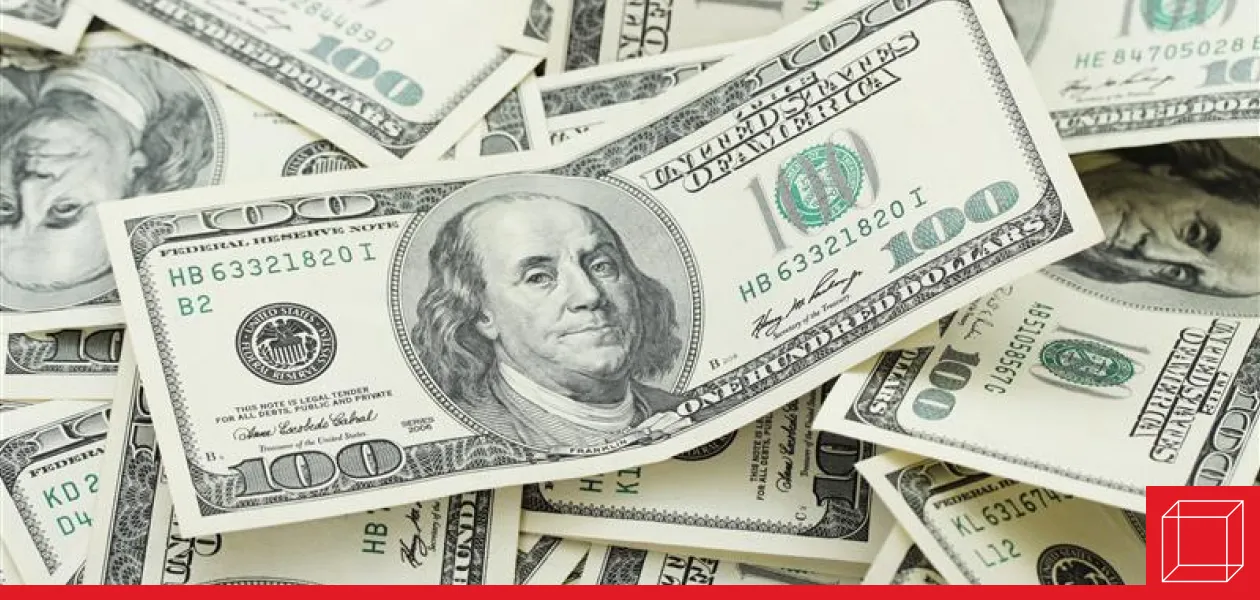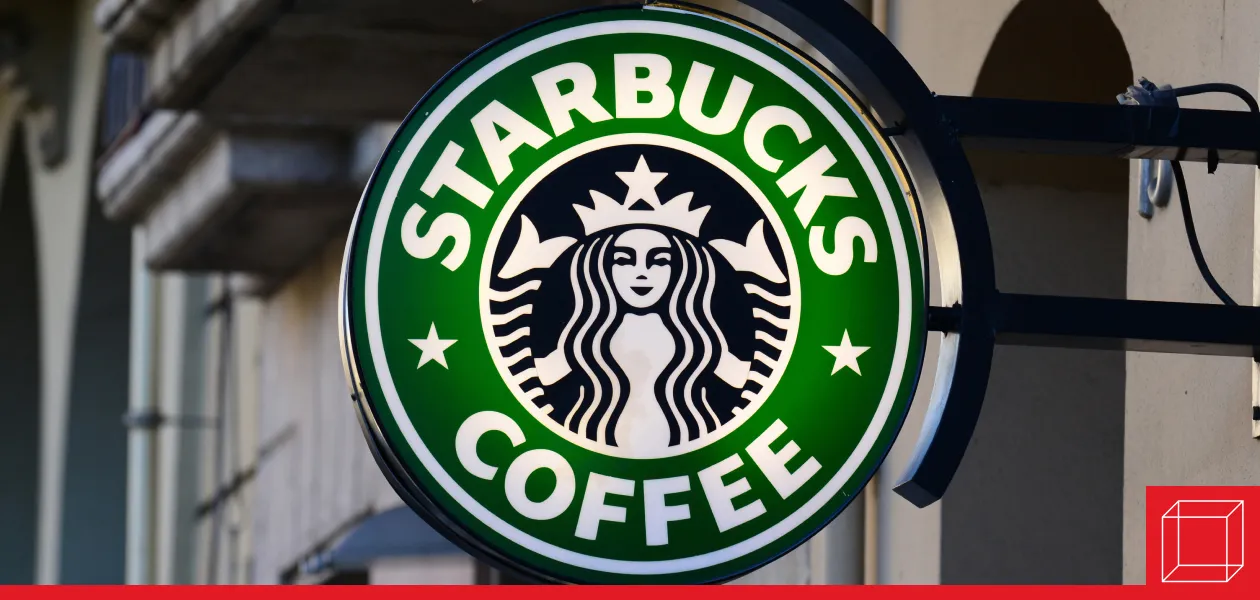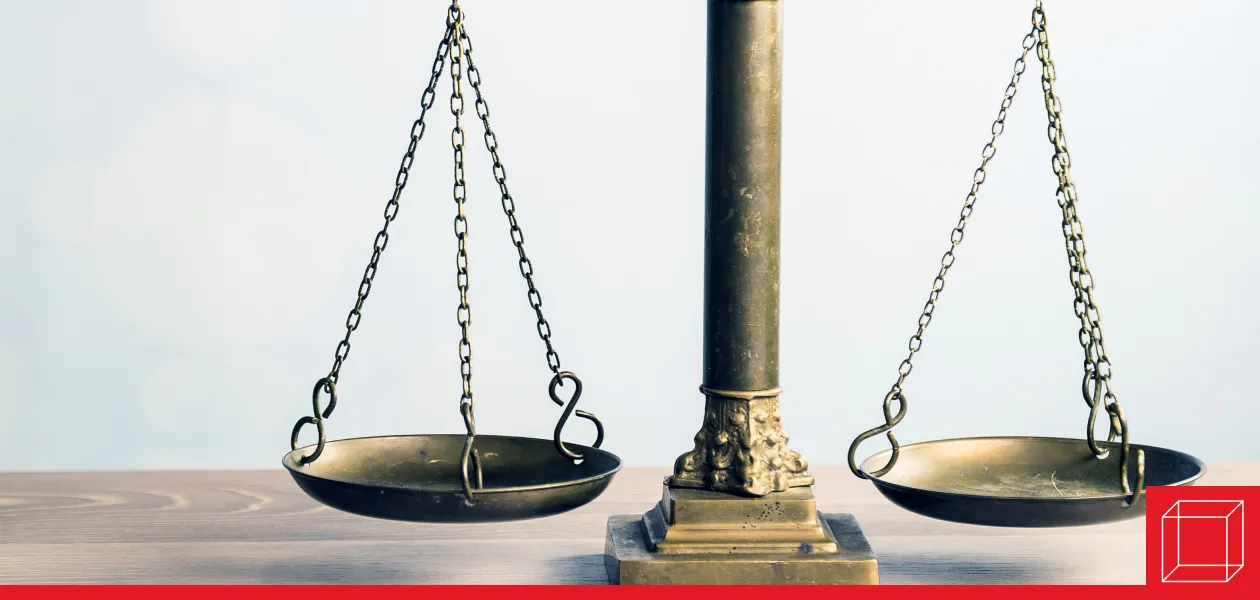PCAOB Says Inspection of Chinese Companies Reveals Bad Auditing | June 2023
The Public Company Accounting Oversight Board (PCAOB) found deficiencies in almost every audit it reviewed during its first inspections of audit firms in China and Hong Kong.

After its first-ever inspections of audit firms in China and Hong Kong, the Public Company Accounting Oversight Board (PCAOB) says it found issues in almost every audit it reviewed.
The PCAOB and China
The U.S. government plays a role in making rules, requirements, and policies for accounting firms and businesses through the Securities and Exchange Commission’s (SEC) Public Company Accounting Oversight Board (PCAOB). For example, the PCAOB has the ability to file a disciplinary order against a firm or individual that either temporarily or permanently prohibits that firm or individual from practicing accounting. The PCAOB oversees any audit firm that reviews the financial statements of companies that are publicly traded in the United States.
The United States and China disputed for decades over the auditing of Chinese companies listed on U.S. stock exchanges. For years, Chinese regulators refused to allow the PCAOB to review the books of these 260+ listed companies due to national security concerns, so Congress passed the Holding Foreign Companies Accountable Act (HFCAA) in 2020, a bipartisan law outlining auditing requirements for overseas companies that are listed on U.S. stock exchanges. The Securities and Exchange Commission (SEC) threatened to delist firms if they did not comply with HFCAA.
The PCAOB’s First-Ever Inspections in China and Hong Kong
After the PCAOB obtained full access to inspect the audits of eight companies, it completed its first inspections in China and Hong Kong and said the results were highly deficient. The board reviewed local affiliates of KPMG (KPMG Huazhen LLP) in China and PricewaterhouseCoopers Hong Kong which represent nearly half of the market share of U.S.-listed companies audited by mainland China and Hong Kong firms.
The PCAOB says it has started inspecting other firms, including local affiliates of Ernst & Young (EY) and Deloitte. KPMG, PwC, EY, and Deloitte are together referred to as “the Big Four” because they are the four largest accounting firms in the United States.
Audit Deficiencies
When inspecting audits, a deficiency can relate to a variety of issues, including gathering sufficient audit evidence, exercising due professional care, demonstrating an appropriate level of skepticism, designing audit programs, confirming accounts receivable, and more.
The PCAOB says the audit deficiency rate was at an unacceptable level. In one example of a deficiency with KPMG, the firm found a fraud risk in the audit of an unnamed client, but the firm limited its testing of the client’s journal entries without an appropriate reason. Both PwC Hong Kong and KPMG Huazhen have acknowledged the PCAOB’s findings and have said they will improve audit quality and address the concerns that were raised.
The results in China are not unique. In fact, they were quite similar to other first-time inspections around the world. When the PCAOB conducted similar inspections in Brazil and Chile in 2006, it also found high deficiency rates. The rates in these countries have improved significantly since then.
Improving Audit Quality
China is also on a mission to improve audit quality. Recently, a rule was passed that limits state-owned enterprises and China-listed companies from using the same audit firm for more than eight consecutive years. This relates to possible issues with auditor independence. Auditor independence means the auditor is impartial, objective, and free from conflicts of interest and bias.
Looking to the future, the PCAOB has the power to continue its audits and could discipline firms for violations. The two auditors that have been inspected so far have a year to remediate the deficiencies.
While the findings could worry investors in U.S.-listed Chinese companies, they also represent an important milestone in U.S.–China cooperation and could improve accounting practices in the long run.
In the Classroom
This article can be used to discuss the nature of accounting (Chapter 14: Accounting and Financial Statements).
Discussion Questions
- Why did Congress pass the Holding Foreign Companies Accountable Act (HFCAA)?
- What happened when the PCAOB inspected audit firms in China and Hong Kong for the first time? How was this similar to/different from first-time audits in other countries?
- What is auditor independence and why do you think it is important?
This article was developed with the support of Kelsey Reddick for and under the direction of O.C. Ferrell, Linda Ferrell, and Geoff Hirt.
Sources
Chris Prentice and Michelle Price, "China Audits Littered With Deficiencies, US Accounting Watchdog Finds," Reuters, May 10, 2023, https://www.reuters.com/markets/us-watchdog-says-it-found-unacceptable-problems-with-chinese-company-audits-2023-05-10/
Jason Bramwell, "PCAOB’s First-Ever Inspections of Audit Firms Based in China Revealed a Lot of Bad Auditing," CPA Practice Advisor, May 10, 2023, https://www.cpapracticeadvisor.com/2023/05/10/pcaobs-first-ever-inspections-of-firms-in-china-and-hong-kong-revealed-unacceptable-errors/79507/
Mark Maurer, "Audits of Chinese Companies Are Highly Deficient, U.S. Regulator Says," The Wall Street Journal, May 10, 2023, https://www.wsj.com/articles/audits-of-chinese-companies-are-highly-deficient-u-s-regulator-says-2da99766



